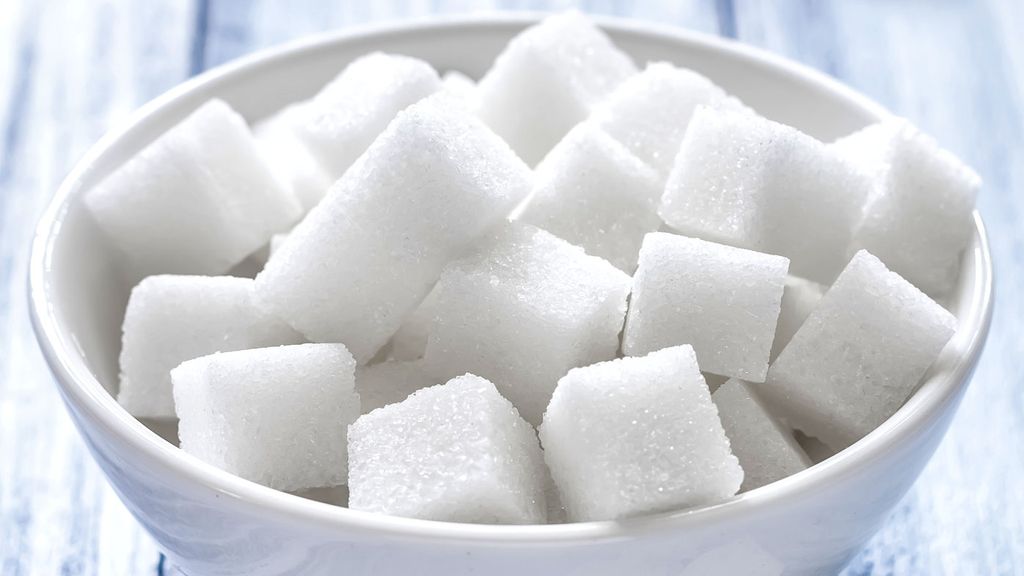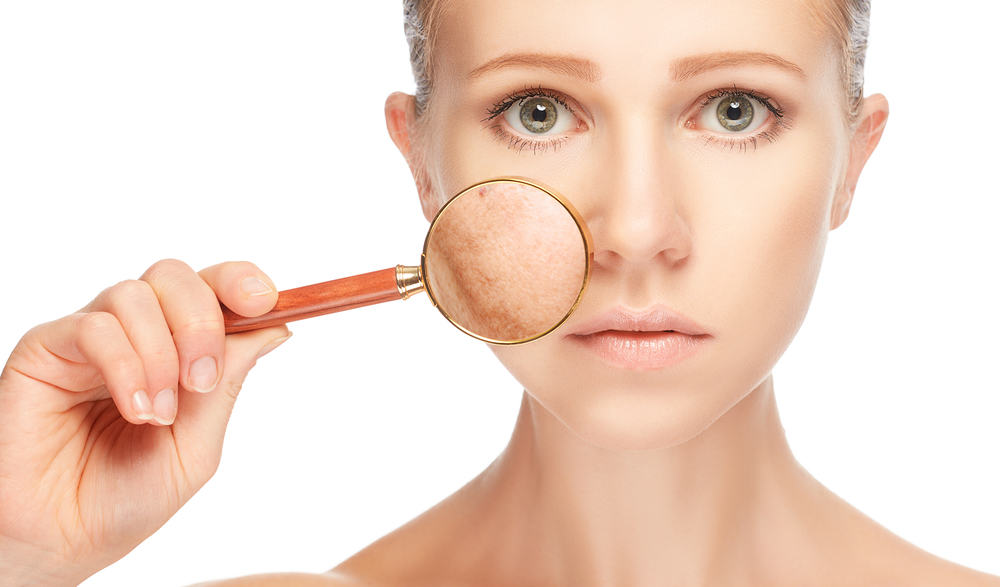Contents:
- Medical Video: Diet Soda Leads to Weight Gain? Dr. Matthew Brengman Discusses Artificial Sweeteners
- According to research, artificial sweeteners actually encourage fat production
- How do you safely consume artificial sweeteners so you don't get fat?
Medical Video: Diet Soda Leads to Weight Gain? Dr. Matthew Brengman Discusses Artificial Sweeteners
Artificial sweeteners as a substitute for sugar are currently in great demand by many people, because they are considered more healthy than sugar or brown sugar. However, research shows that consuming large amounts of low-calorie sweeteners can actually stimulate fat formation, especially for obese individuals.
According to research, artificial sweeteners actually encourage fat production
According to the Drug and Beverage Supervisory Agency (BPOM), artificial sweeteners are a type of sweetener whose raw materials cannot be found in nature and produced through chemical processes. Examples of sweeteners, also called low-calorie sweeteners, are aspartame, cyclamate, sucralose, and saccharin. This type of low-calorie sweetener is commonly used in processed foods such as syrup, soda, jam, and special foods intended for diabetics or special diet foods.
Researchers at the University of Washington examined the effects of sucralose (one type of artificial sweetener) on stem cells derived from human fat tissue and abdominal fat samples.
This study found that stem cells showed an increase in a gene which is an indicator of fat production. In addition, stem cells show increased fat accumulation, especially when exposed to higher doses of sucralose.
The study then involved eight people who would carry out abdominal fat biopsy. These eight people actively consume artificial sweeteners, especially sucralose and aspartame. Four of them suffered from obesity, and four others were in good health, and did not have certain medical conditions.
This sample of eight people was then compared with samples taken from people who did not consume artificial sweeteners. As a result, a sample of eight people who actively consumed these low-calorie sweeteners not only showed increased glucose transport into cells, but they also showed an increase in genes associated with fat production. While samples of people who do not consume artificial sweeteners do not produce the same results as people who consume artificial sweeteners.
How do you safely consume artificial sweeteners so you don't get fat?
Aspartame and sucralose are both approved by the FDA for human consumption, but the FDA also sets a daily consumption limit for each artificial sweetener, which is the maximum amount considered safe for daily consumption for a lifetime.
For aspartame alone, the FDA has set a maximum amount of 50 mg per kilogram (mg / kg) of body weight. So if you have a weight of 50 kg, maximum aspartame consumption per day is 2,500 mg.
According to nutritionist and food expert Jennifer McDaniel said, although one can of soda drinks generally only contain 200 mg of aspartame, you should still consider limiting intake. Why?
Because, aspartame has a sweetness 200 times more than sugar, causing you to want to continue to consume sweet drinks and increase the desire for more processed foods.
Although the FDA says these low-calorie sweeteners are safe for consumption, in fact there are no studies that fully know the long-term effects on health.












